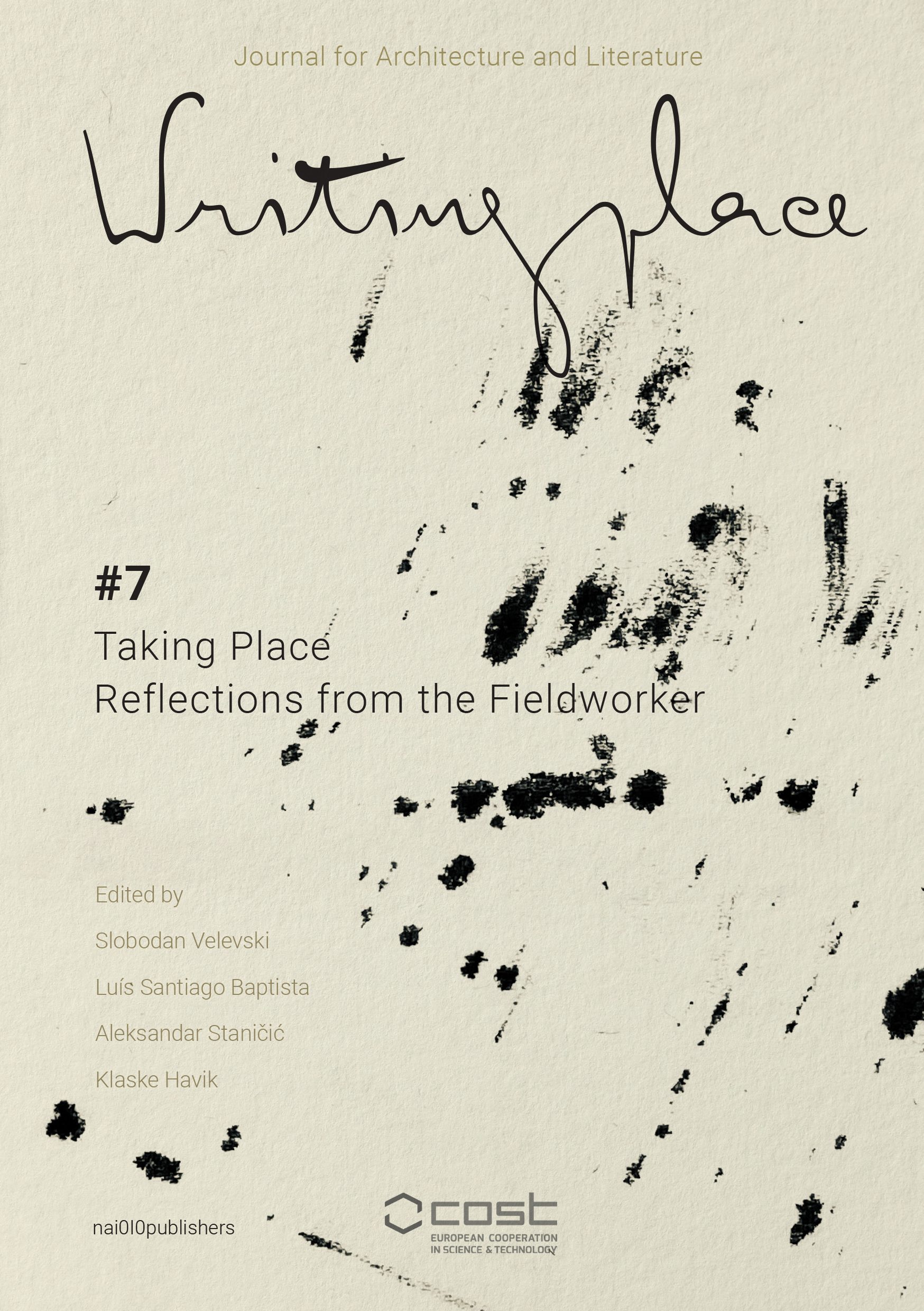From Planning for Rural Development to Planning for Deliberation
Reflecting the Mehr als Wohnen 4.0 Project
DOI:
https://doi.org/10.7480/writingplace.7.6531Keywords:
regional, scale, sphere of influence, participation, rural exodusAbstract
This article is a twofold reflection. It narrates the reflections going on during the first phase of a project within the wider context of shrinkage and pro-growth regional planning and in the course shows the little shifts in action and adjustments of attention that happened in consequence. It presents a tailored participatory approach that links the local and the regional scale and, in doing so, highlights the challenges of working within fixed geographical and regulatory boundaries as well as within established planning goals and strategies. Based on these experiences surrounding the development of a regional vision for “more than housing” in eastern upper Styria, the article offers a critical analysis on the reach of the project.References
Branislav Antonić & Aleksandra Djukić ‘Environmentally-Friendly Planning for Urban Shrinkage’, IOP Conference Series: Earth and Environmental Science, 410 (2020), p. 012084.
Sherry Arnstein, ‘A Ladder of Citizen Participation’, Journal of the American Institute of Planners, 35/4 (1969), pp. 216-224.
Daniel Behar, `Fracture territorial: Le frisson que rassure’, in: Esther Banbassa & Jean-Christophe Attias (eds.): Nouvelle relégations territoriales, Paris, 2017, pp. 17 – 27.
Markus Bogensberger, `Instruments of urban planning illustrated with Styrian examples’, in: Aglaée Degros (ed.) and others, Basics of Urbanism, 2021, pp. 140-151.
Neil Brenner & Nikos Katsikis, `Operational Landscapes: Hinterlands of the capitalocene’, Architectural Design, 90 (2020), pp. 22-31.
Aglaée Degros & Eva Schwab, `Relational Mobility: Alternative Mobility as Key to Quality of Life’, in: Territorial Justice, GAM 15, Berlin, 2019, pp. 110-119.
Stefanie Döringer & Yuta Uchiyama &Marianne Penker & Ryo Kohsaka, ‘A meta-analysis of shrinking cities in Europe and Japan. Towards an integrative research agenda’, European Planning Studies, 28/9 (2020), pp. 1693–1712.
Ayda Eraydin & Gülden Özatağan,‘Pathways to a resilient future: A review of policy agendas and governance practices in shrinking cities’, Cities, 115 (2021), p. 103226.
Bent Flyvbjerg, `Bringing Power to Planning Research: One Researcher’s Praxis Story’, Journal of Planning Education and Research, 21/4 (2002), pp. 353-366.
Forester John Forester, The deliberative practitioner: encouraging participatory planning processes, Cambridge, 1999.
Rudolf Giffinger & Hans Kramar, `Kleinstädte als Wachstumsmotoren ländlich-peripherer Regionen: Das Beispiel Waldviertel’, disP - The Planning Review, 48/2 (2012), pp. 63-76.
Gravert Andreas Gravert, Die Entstehung der Themen Stadtschrumpfung und Klimawandel in der Raumforschung, Kassel, 2022 .
Patsy Healey, `Collaborative Planning in Perspective’, Planning Theory, 2003/2 (2003) pp.101-123.
Michael Höller, `Neue Prognosen: Landflucht nimmt auch in Zukunft kein Ende’, Kronen Zeitung, 31.05.2022.
Judith E. Innes & David E. Booher, `Reframing public participation: strategies for the 21st century’, Planning Theory & Practice, 5/4 (2004), pp. 419-436.
Bruno Latour, Das terrestrische Manifest, trans. v. Bernd Schwibs Berlin, 2018.
Katherine Melcher, `Equity, Empowerment, or Participation. Prioritizing Goals in Community Design’, Landscape Journal, 32/2 (2013), pp. 167 – 182.
Lucy Natarajan, `Perspectives on Scale in Participatory Spatial Planning’, Built Environment, 45/2, (2019) pp. 230-247.
Eva Schwab et al., Wohnen 4.0, Institute of Urbanism TU Graz, 2020. https://www.tugraz.at/en/institutes/stdb/publications/institutes-publications/
Eva Schwab, `Sustainability and justice in the territorial project´, in: Aglaée Degros et al. (eds.), Basics of Urbanism, 2021, pp. 208-221.
Amartya Sen, Die Idee der Gerechtigkeit, trans. by Christa Krüger. Munich, 2009.
Edward Soja, Postmetropolis: Critical Studies of Cities and Regions, Oxford, 2000.
Isabel Stumvol & Sibylla Zech, `A case for a New Image of the Countryside’, in: Territorial Justice, GAM 15, Berlin, 2019, pp. 34-43.
Fran Tonkiss, Cities by Design: The Social Life of Urban Form, London, 2013.
Pierre Veltz, `Beyond Inequality: Three Perspectives on Territorial Justice’ in: Aglaée Degros and Eva Schwab (eds.) Territorial Justice, GAM 15, Berlin, 2019 pp. 12-25.
Downloads
Published
Issue
Section
License
Copyright (c) 2023 Eva Schwab

This work is licensed under a Creative Commons Attribution 4.0 International License.


